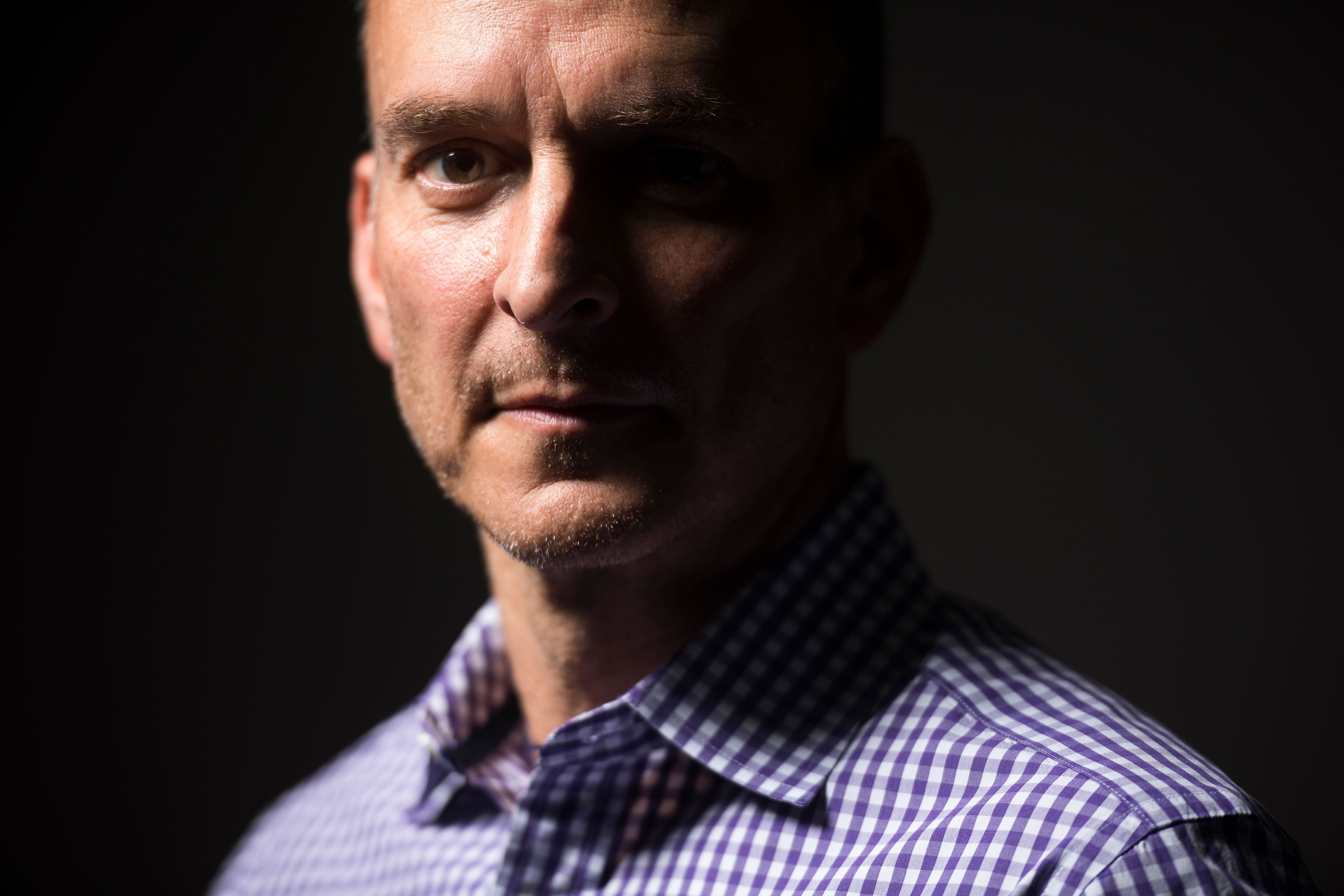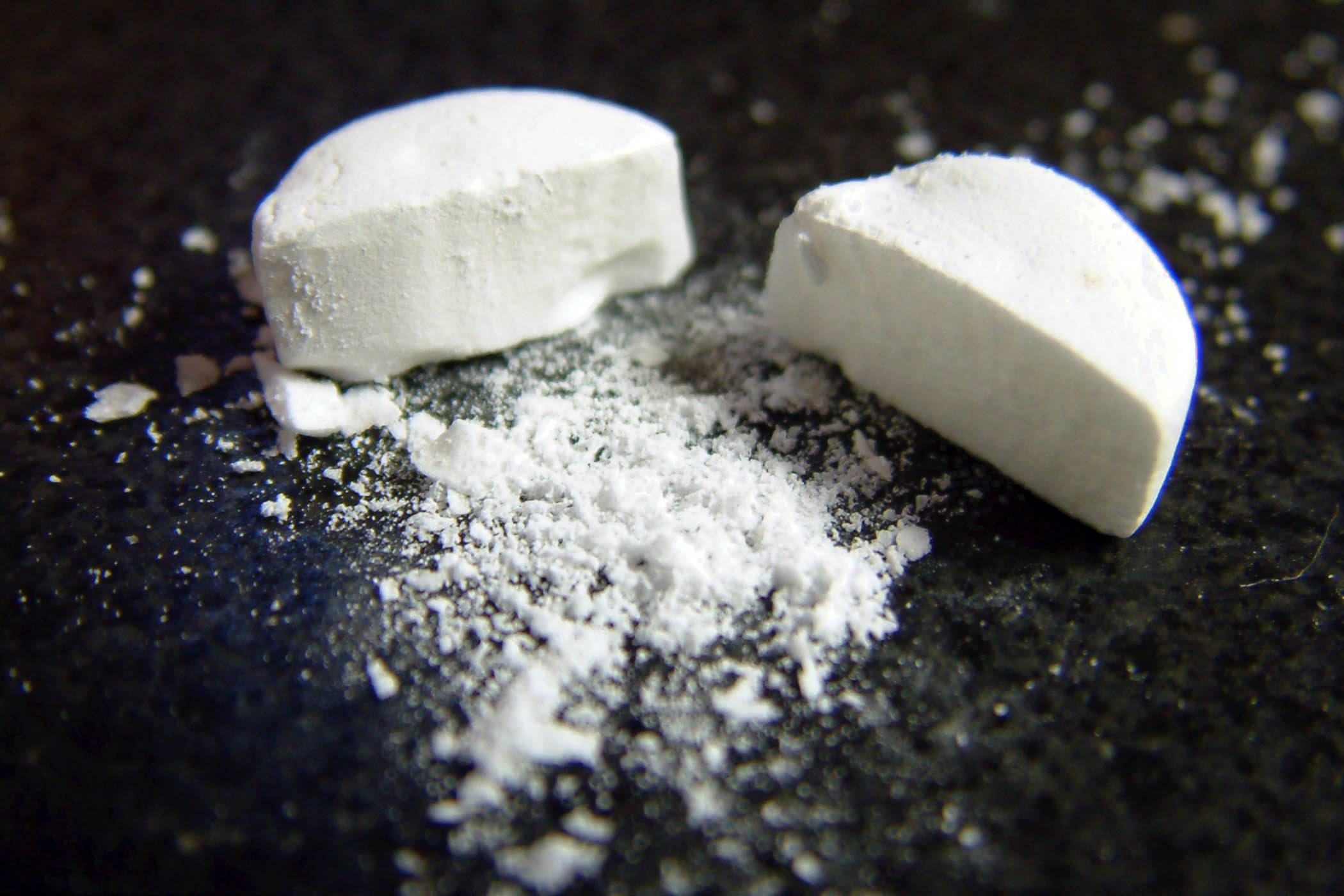The fight against doping in sport is facing its biggest crisis in 25 years, according to Travis Tygart, the outspoken head of USADA, the USA's anti-doping body.
Speaking in London exclusively to The Observer, Tygart said that WADA, the World Anti-Doping Agency, is – after being accused of failing clean athletes – “at its lowest point,” since it was founded in November 1999.
“There is a lot of apathy in the (anti-doping) system whether in sport, or in WADA, of just shrugging your shoulders,” USADA CEO Tygart said.
Tygart has been a fierce critic of WADA’s handling of a series of major doping scandals, particularly the case of 23 Chinese swimmers, whose positive tests for TMZ (the banned heart drug, trimetazidine) prior to the 2021 Olympic Games, were finally revealed a year ago.
“96 medals were impacted potentially by the 23 Chinese athletes positive for TMZ,” he said. “We are seeking reform, transparency and accountability. What’s clear, is that the current WADA system can’t remain as it is.”
The revelation that the 23 had subsequently been cleared to compete after WADA accepted an explanation of kitchen contamination, drew a furious rebuke from Tygart, who famously led the USADA ‘Reasoned Decision’ behind the downfall of Lance Armstrong, former Tour de France icon.
After accusing WADA of “sweeping positives under the carpet,” Tygart then faced a defamation lawsuit from the global anti-doping body. That action however, was dropped earlier this year after WADA stated it was in favour of “moving on.”
It said: “According to all available scientific evidence and intelligence, thoroughly gathered, assessed and tested by leading anti-doping experts, WADA had no basis to challenge the explanation of environmental contamination.
“At all times, WADA acted in good faith, according to due process and following advice from external counsel when it decided not to appeal this case.”
Tygart however, is not minded to move on.
Newsletters
Choose the newsletters you want to receive
View more
For information about how The Observer protects your data, read our Privacy Policy
“What’s happening right now, where certain countries and certain people, the rules don’t even apply – like the 23 Chinese athletes – that can’t happen,” Tygart, who is in London for the Sports Resolutions conference, said.
“WADA allowed 23 Chinese athletes to escape any consequences under the rules. We are seeking reform, transparency and accountability.
“We still have a long way to go to win this fight and to give athletes confidence. Initially, WADA had a lot of success under [former International Olympic Committee President] Jacques Rogge, who let WADA be independent.
“Thomas Bach became President of the IOC, and what you saw was the IOC taking back control of WADA and not allowing WADA to do what it needed to do. WADA has to succeed, but is beholden to the IOC and the interests of the IOC.”
The acceleration of data-driven performance, the inability of anti-doping to quell scepticism of high performance, and the failure of anti-doping bodies to win complex legal cases, has fuelled the creation of the doping-friendly Enhanced Games, which advocates “the use of performance enhancements with appropriate medical safeguards.”
Tygart describes the Enhanced Games, which includes Donald Trump Jr among its backers and which, if they happen, could be hosted in the USA, as “a sideshow,” but adds that “there’s sudden interest at WADA because it’s a diversion away from the problems the system has.”
One of those problems is the decline in trust among athletes who face greater than ever risks of what Tygart calls “innocent positives,” and WADA calls contamination.
That has gathered pace in recent years with several athletes being driven out of professional sport, following contamination cases against them. One is British cyclist Lizzy Banks, who admitted that fighting her case led to suicidal thoughts.
Tygart is among those who believes that greater support is needed for athletes who ‘innocently’ test positive from eye drops, sun block, toothbrushes or tap water.
“Athletes are relying on us to ensure their sacrifices are rewarded and upheld,” he said. “We can’t be complacent. We need to work as hard to make this system perfect as we possibly can.”
A WADA spokesperson said: “Mr. Tygart’s blind pursuit to discredit WADA ignores the facts and seeks to mislead athletes and other stakeholders. He is using the China case to deflect attention away from the failures of the anti-doping system within the United States, where 90% of athletes are competing in events that are run outside the protection of the World Anti-Doping Code. As it relates to the Chinese swimmers case, last year WADA welcomed the initiation of an independent investigation into how it handled that. The independent prosecutor’s conclusions were clear: WADA showed no bias towards China, its decision not to appeal the cases to the Court of Arbitration for Sport was “indisputably reasonable”, and it followed the rules at all times.
“Conclusions from the Independent Prosecutor’s report have also led to WADA making concrete changes to further strengthen the global anti-doping system. These efforts have received the full backing of our Foundation Board and Executive Committee, including a representative of the U.S. Government. Coupled with the recent implementation of wide-ranging governance reforms, an ongoing global review of the rules, successful investigations and work around the complex issue of contamination, this shows Mr. Tygart’s allegation of apathy within WADA to be obviously wrong and unfair.
“Mr. Tygart’s refusal to comment substantively on the dangerous and irresponsible Enhanced Games shows he is not strong enough to stand up to the powerful special interests and wealthy funders of this ill-conceived experiment. The organizers of this event say it will take place in the U.S. yet rather than worrying about the health and wellbeing of American athletes, Mr. Tygart prefers to attempt to relitigate a 2021 case of environmental contamination at a domestic swim meet in China.”
Photo credit: Lionel Bonaventure/AFP via Getty Images



